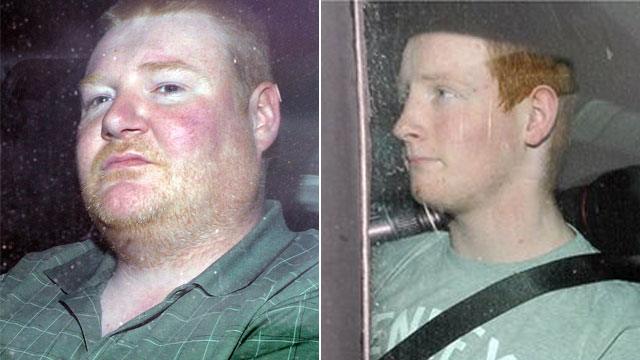Boston College tapes: Police get access to ex-loyalist prisoner Winston Rea's interviews
- Published
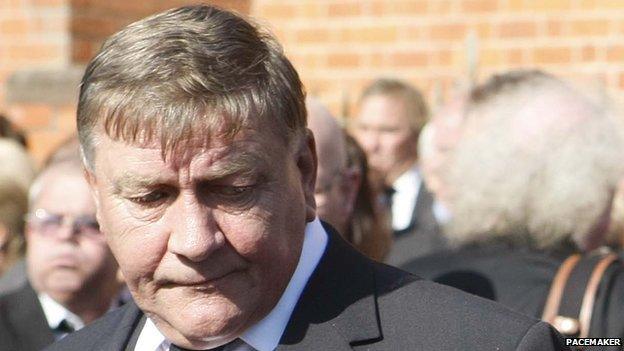
Winston Rea is among dozens of loyalists and republicans who provided testimonies to Boston College's Belfast Project
Police are finally to get access to interviews a former loyalist prisoner gave to an American university project.
Senior judges in Belfast have lifted an injunction on the PSNI taking possession of Winston Rea's recorded account to Boston College researchers.
Detectives were present with a bag ready for the handover of the tapes.
They were given the all-clear after lawyers for Mr Rea confirmed their final bid to secure a block had been turned down.
The tapes had been held under lock and key at the Royal Courts of Justice.
The European Court of Human Rights in Strasbourg refused to grant an interim prohibition as part of efforts to stop the PSNI from obtaining them.
A judge said the time had come "to lift the injunction and allow the materials to be examined by the police".
Detectives want to access the recordings as part of their investigations into murder and other paramilitary crimes from the 1970s to 1990s.
Mr Rea's legal team argued that it would breach his right to privacy.
He was among dozens of loyalists and republicans who provided testimonies to Boston College staff compiling an oral history of the Northern Ireland conflict.
Interviews were given on the understanding that tapes would not be made public until after their deaths.
In 2013, detectives investigating the abduction and murder of Belfast mother-of-10 Jean McConville in 1972 secured the transcripts of former IRA woman Dolours Price's account.
That material was handed over following court battles on both sides of the Atlantic.
Mr Rea's barrister said his client was "confident that there is nothing in his past or anything contained in these tapes which hasn't already been dealt with by the criminal courts".
"He's a man who has health difficulties," he added.
On that basis, lawyers for both the Public Prosecution Service (PPS) and the PSNI Chief Constable argued that the recordings should now be released.
- Published19 May 2015
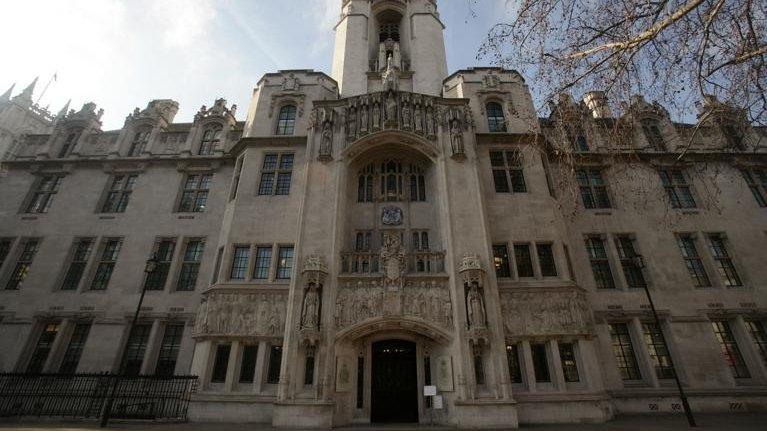
- Published9 February 2015
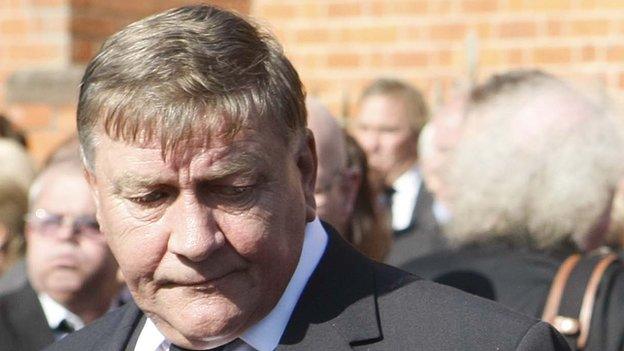
- Published24 October 2014
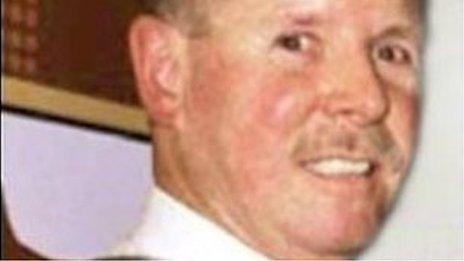
- Published14 October 2014

- Published29 May 2014
